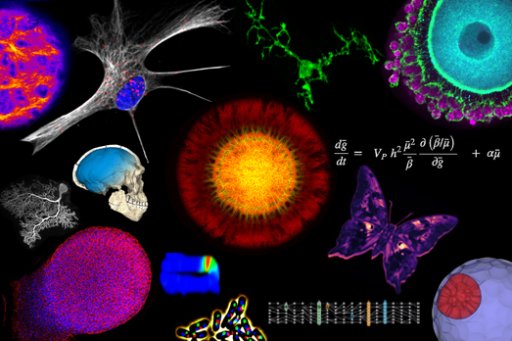After training in theoretical evolutionary biology at the CNRS/Université de Montpellier (PhD 2013) and university of Aarhus (Denmark), François Blanquart moved to Imperial College London in a lab specialized in public health (2014-2017) to work on the evolution of infectious diseases. There, he worked on the evolution of HIV-1 virulence and obtained a Marie Skłodowska-Curie fellowship for a project on the evolution of antibiotic resistance in bacteria. In 2017 he joined the CNRS in Paris. He works on the evolutionary epidemiology of several pathogens including HIV-1, SARS-CoV-2, Escherichia coli. His approach is to analyze epidemiological and evolutionary data in the light of mathematical models to understand rapid pathogen adaptation. He collaborates with a number of evolutionary biologists and clinicians. One of his main projects at the moment is an ERC-funded collaboration with the Bichat hospital campus to better understand E. coli adaptation over the past decades. This involves creating a unique clinical cohort of healthy volunteers longitudinally followed-up over two years. This cohort will improve our understanding of E. coli ecology in commensalism and unravel factors associated with the ability to colonize the human gut, persist and transmit

Personne
François Blanquart
Chercheur, Centre interdisciplinaire de recherche en biologie (CIRB) – CRCN, CNRS
